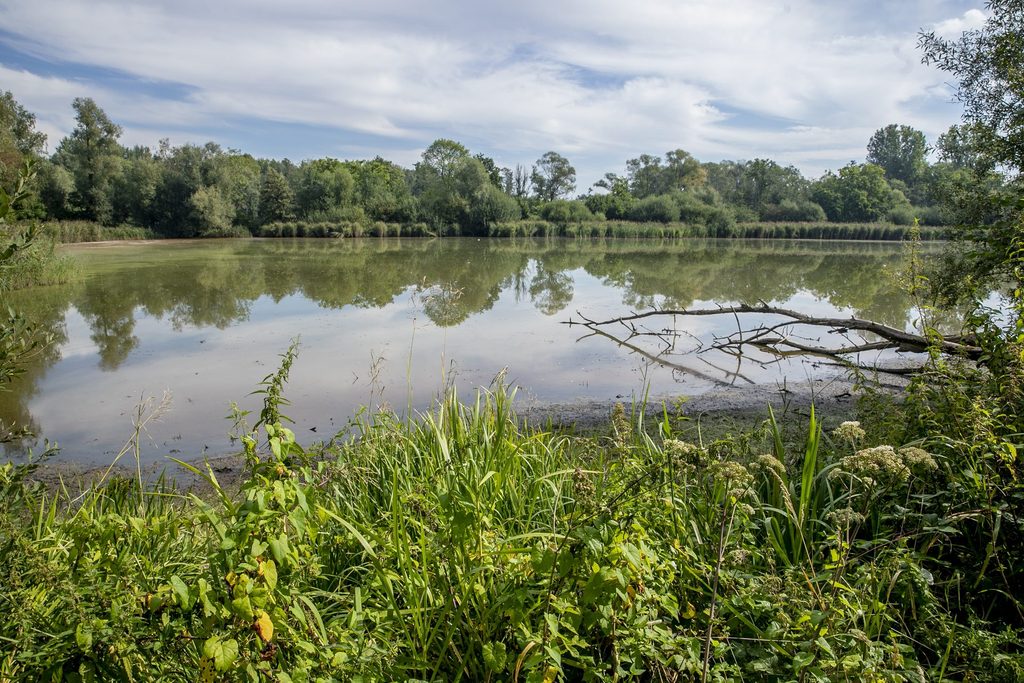The European Commission is urging Belgium to do more to improve surface and groundwater quality.
The country is not at all on track to meet European targets, a review of the implementation of the Water Framework Directive in EU Member States showed on Tuesday.
The legislation from 2000 was supposed to ensure that all surface waters (lakes, rivers,...) and groundwaters would be in good quality by 2027, but that target seems to be a long way off. In 2021, for example, only 39.5% of surface waters in the European Union had good ecological status, and barely 26.8% had good chemical status.
Belgium scores even worse: only 27.4% of surface waters had a good ecological status. While this is a slight improvement compared to the previous measurement in 2015 (26.2%), nitrates and pesticides and population density remain a major concern. Additionally, all surface waters were in poor chemical status, mainly due to mercury, PFAS and metals such as lead and cadmium.
Still poor quality groundwater
It is also concerned that almost half of the groundwaters will not reach good quantitative status by 2027 because of increasing extraction. The chemical status of groundwater improved slightly compared to the 2015 measurement, but almost half of groundwater still has poor status.
A review of the flood risk directive also taught the Commission that there are significant risks in all regions. However, risk management is uneven and hampered by problems of funding and coordination, it said.
"Belgium needs to improve water quality, address chemical pollution, improve its flood management targets and flood risk maps, and invest in clear climate adaptation solutions," said Environment Commissioner Jessika Roswall.

